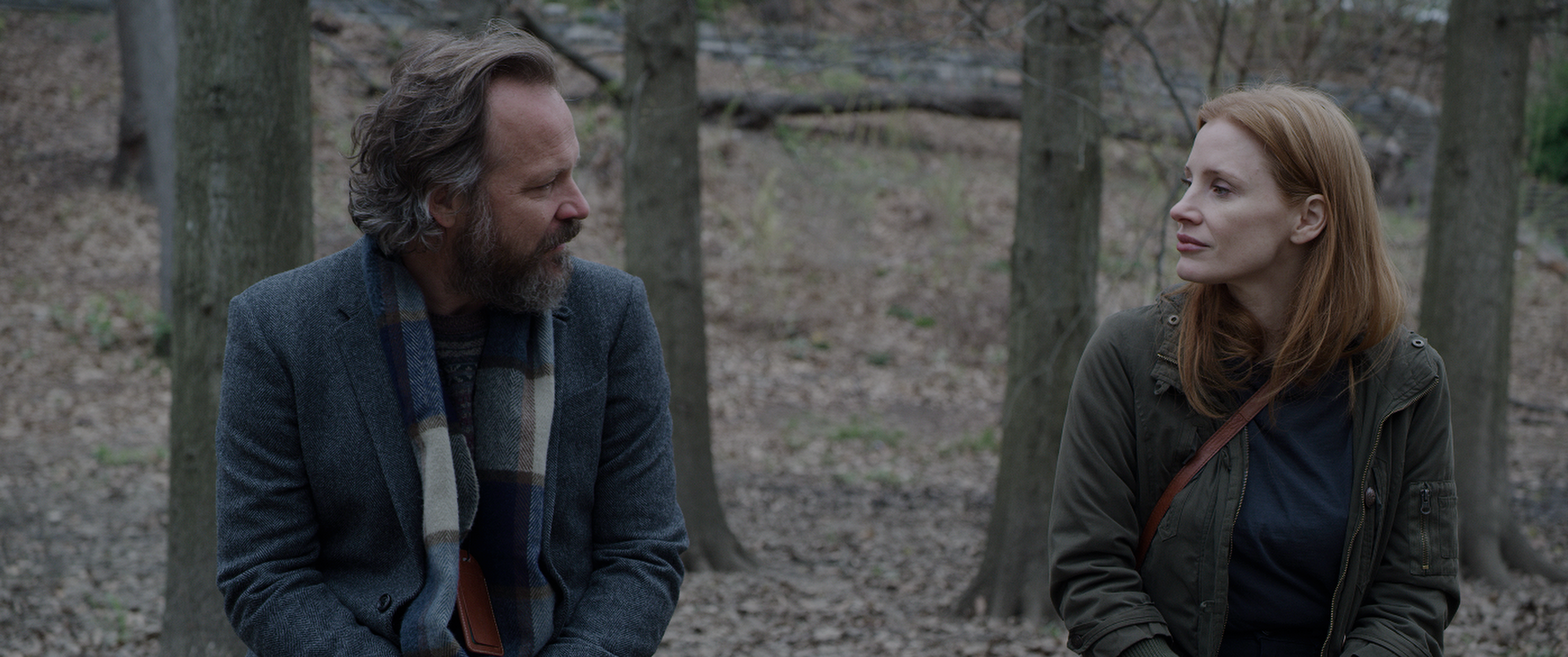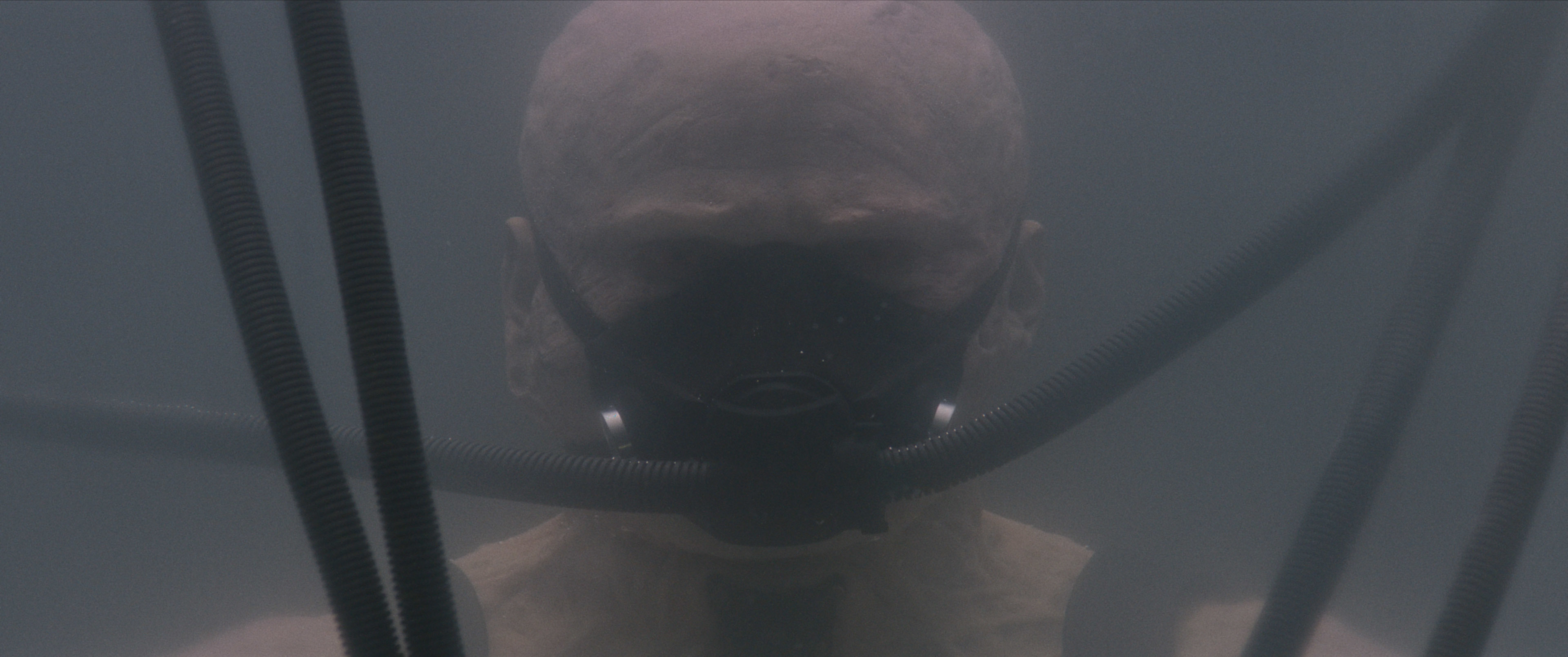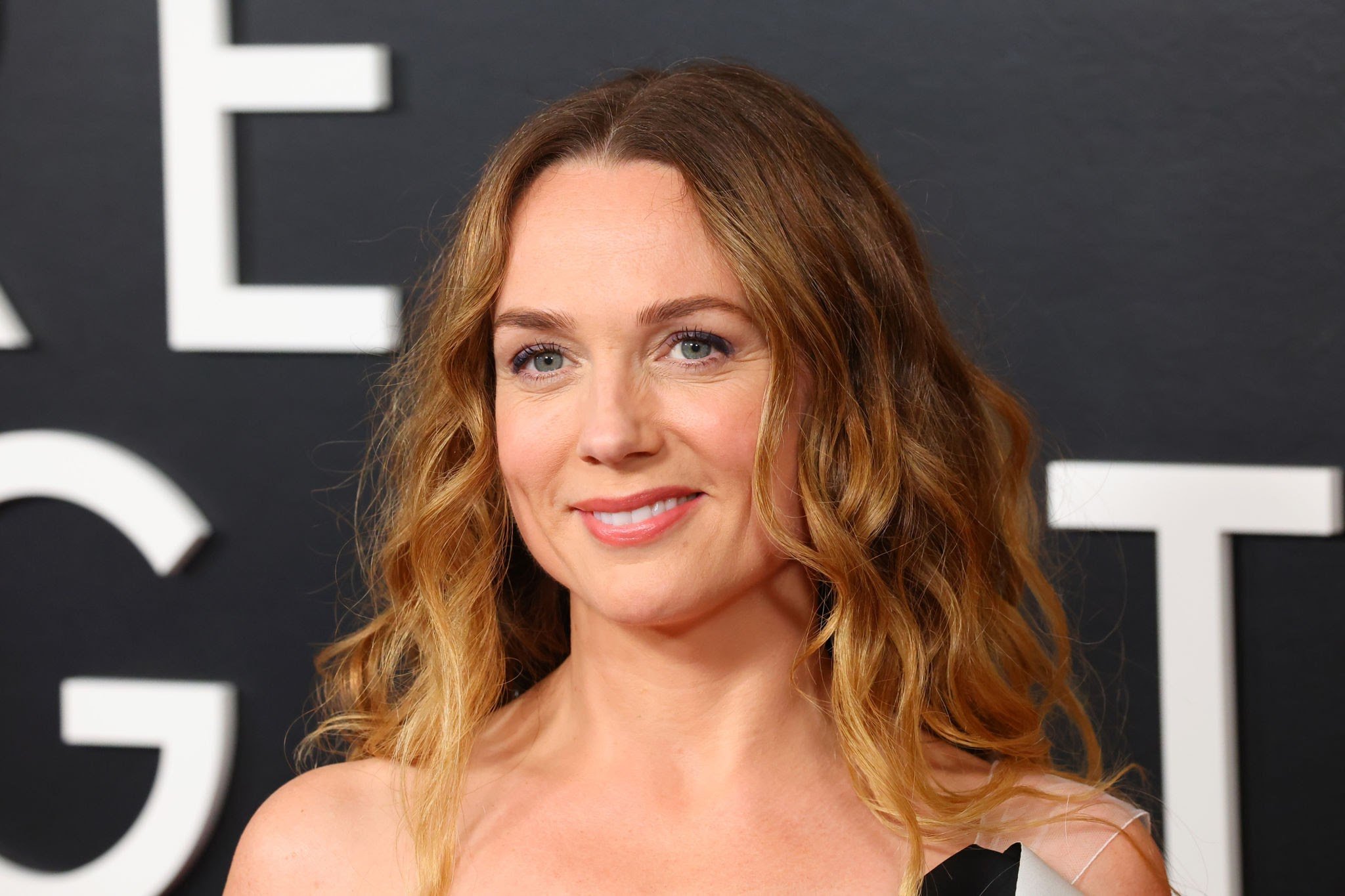‘Memory’ Review: Jessica Chastain and Peter Sarsgaard Lead Michel Franco’s Poignant Human Story About Two People Finding A Reason To Keep Going
Going into Michel Franco‘s Memory, I was getting myself ready for a big bucket of cold water, an emotional journey that would send me into depression and want to lock myself from the world for a few hours before I could even look at the sky again. Besides reading a few descriptions and warnings of an emotional rollercoaster about dementia and memory loss spearheaded by key performances by Jessica Chastain and Peter Sarsgaard, I didn’t really know much about it. That might also be why it worked so well for me.
As delightfully painful to watch as it is painfully delightful, Memory is all about finding someone to care for in this crazy world that we live in. There’s an alternate-universe version of this movie that is this year’s equivalent of The Father, one that always opts for the most difficult watch and works more as a funeral than a celebration of life. But Michel Franco found a way to spin the tropes of past films that tackled similar subject matters and instead wrote an emotional portrayal of two people who could finally find some solace in each other.
Jessica Chastain leads as Sylvie, who is celebrating being 13 years sober and who, after attending a high school reunion for reasons she can’t really explain, is followed home by a disturbing-looking man, who waits by her doorstep all night long. After having a nervous breakdown, she finds him the next morning lying on street, asleep. As she finds out after calling his emergency contact, he suffers from dementia and could not recall how he got there or what he was doing there. But Sylvie thinks she knows better. After walking outside with him, she reveals she used to get sexually abused by him when she was 12 and he was 17.
That was the first of several character bombs dropped throughout Memory (I will refrain from sharing a few others), which itself gave Sylvie some deep and troubling backstory and explained her alcoholism and other traits she’d displayed up until then — all of it, of course, beautifully threaded by Chastain’s gentle performance. But there was only one thing that could have made this situation even more difficult for Sylvie: as her sister Olivia (Merritt Wever) tells her, she got the wrong man. Saul (Sarsgaard) actually started high school there after she’d been moved out.
As that realization sinks in, and while she’s still reliving traumatic memories from her adolescent years and also confronting who she thought was one of her abusers while he’s at his lowest, Sylvie decides to accept Saul’s family’s offer to take care of him, after his niece tells Sylvie he’s been talking about her a lot lately. Whether she does it because she feels bad for making those unfounded accusations, because she sees a person in pain and wants to help (her day job is at an adult residence), or a combination of those two plus so many other factors, we don’t know for sure. The truth is, though, that it doesn’t really matter.
Sylvie may have stopped drinking 13 years ago because of her daughter, but that was not enough to lighten her spirit or remove all the demons from her past. She’s a troubled person trying to find a reason to stay out of bed during the day, and the truth is that raising a 13-year-old by herself is sometimes too much, even if her sister occasionally comes in and helps. Her daughter Anna (Brooke Timber) is also at the dangerous age in which Sylvie had started breaking bad and getting into trouble, which eventually led to misery and alcoholism, not to mention being a victim of rape. Life pressures are too high for her at this point, especially as her daughter wants to naturally go out and have fun.
As she starts taking care of Saul, the question immediately becomes who’s taking care of whom, and even further: Is the question even worth an answer? The point is that, after many years, they both are finally able to smile, and in each other’s company, they find some peace from the rest of the world. Michel Franco’s script is never too on-the-nose but never shies away from where you think it’s going either, which in hindsight makes Memory a rewatchable film, comfort food even. It’s not Wonka fun, but Franco’s writing is able to find reasons for optimism inside such turbulent lives.
The ending of the film is highly satisfying too, not because it teases that they are going to have it easy from now on, but because it understands the true purpose of these characters: to be as happy as they possibly can during the short time they live in this world. All Sylvie and Anna ever needed was to have a sense of family, something that they tried but never were truly able to reach with the two of them alone. Olivia, Sylvie’s sister, helps here and there, but her household also comes in with its own baggage (and a father who tries for their kids to live in Fantasy Land rather than face some of life’s hard truths).
Sylvie tries her best not to be at her lowest when Anna is around, but with traumas from her past slowly creeping back out again, that becomes harder and harder. She’s trying for her daughter to have the safest life possible while also protecting her from some of the dangers she knows for a fact are out there. But the key of the film, what makes it even more poignant, is that it’s not interested in making commentary on some of the tangent topics to Sylvie’s own experiences. Saul may suffer from dementia, but in many ways, he’s also one of the healthiest people in her life at the moment because of the positive influence he’s been able to exert on Sylvie — and by extension, Anna.
But of course, this is a two-way relationship, and Saul has also benefitted greatly from it. It’s not just that he’s found a family that actually looks at him as one of them rather than someone they have to take care of and change their plans because he’s having a bad day. It’s mostly the fact that, for the first time since he can remember, he has a reason to get up in the morning and put on some pants. His days are now worth the trouble of being found unconscious on the street. For the first time since he can remember, he’s living a life.
Memory is currently playing in select US theaters and will open wide on January 5.
Miguel Fernández is a Spanish student that has movies as his second passion in life. His favorite movie of all time is The Lord of the Rings, but he is also a huge Star Wars fan. However, fantasy movies are not his only cup of tea, as authors like Scorsese, Fincher, Kubrick or Hitchcock have been an obsession for him since he started to understand the language of filmmaking. He is that guy who will watch a black and white movie, just because it is in black and white.








